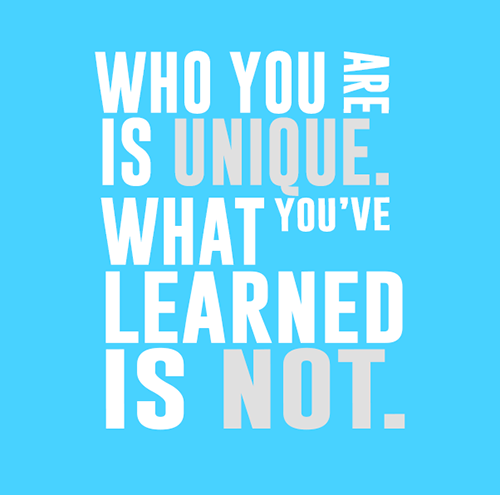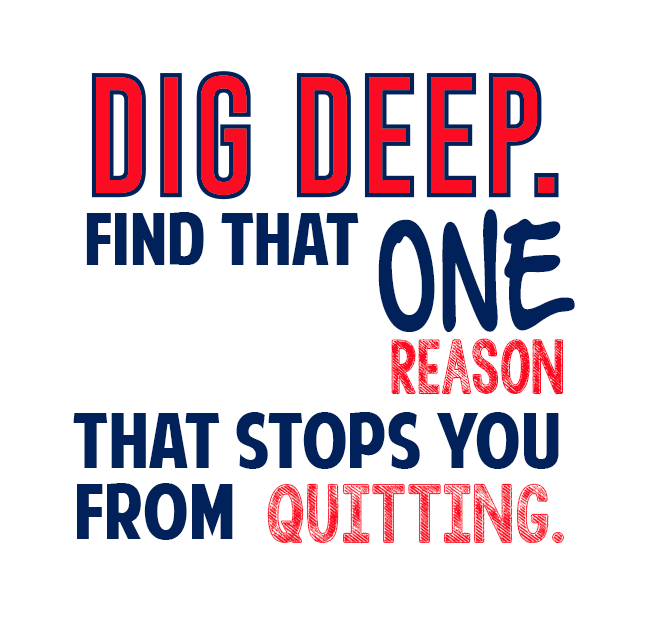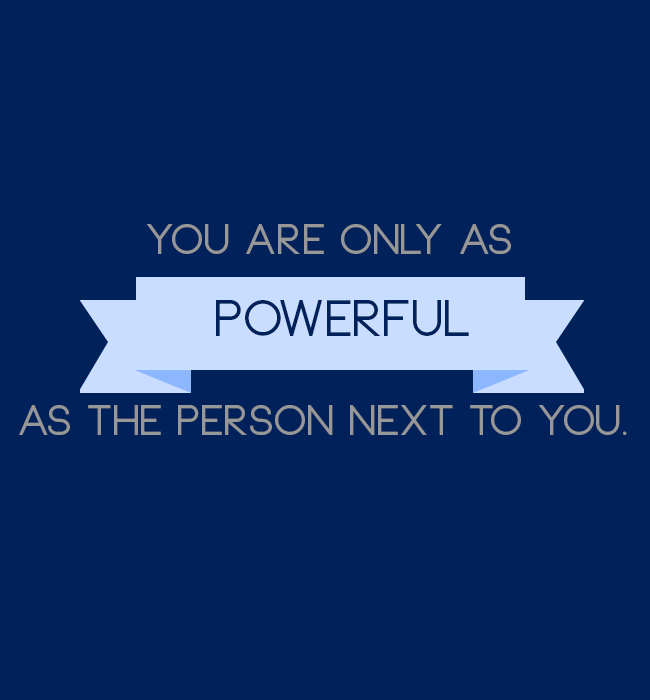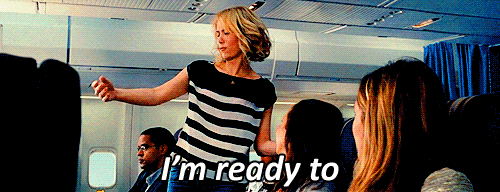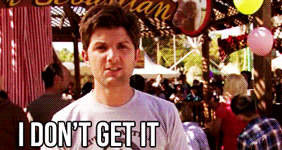Let me start by confessing that I arrived late at the SLC. I missed the opening ceremonies and John Horn’s presentation. If you attended the conference, you do not have to tell me that I missed out on some really good stuff. Please, I do not want to hear it again. It just makes me hate myself even more for not getting my sh*t together on that day.
Having said that, I honestly felt like I did not miss that much because of the superfluous greatness of the workshops and talks that I was able to attend. Each speaker/workshop facilitator opened my eyes to see this wonderful world that had been waiting for me to explore. In my own Guinness Book of World Records, January 11, 2014 officially holds the record for the most number of epiphanies that I had in one day. I had so many that I eventually ended up writing down every word that the speaker said in order to keep up with all the light-bulb moments I was having. Here are my five most favourite ones:
From Darshan Soni’s “Social Media and National Tragedy: A Change in Our Perception of Events” workshop:
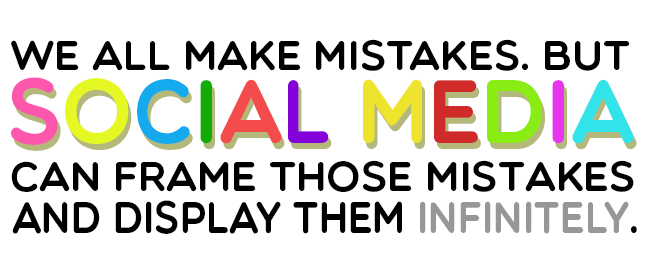
“We all make mistakes. But Social Media can frame those mistakes and display them infinitely.” -Darshan Soni
This is one of the many things that we already know, but do not take the time to think critically about every day. Most of us know that once we post something online, it cannot be deleted anymore. However, there are still a lot of us who do not really think before we tweet (or instagram, or reblog, or post a Facebook status).
From Mark Busse’s talk about the power of authenticity and vulnerability:
Mark Busse believes that to be able to obtain our dream job, and for employers to hire the right people, the first thing that we should talk about in job interviews is why we do what we do. He says that every person out there is talking about what they do or how they do it. So once we find the answer to why, and start talking about it, we stop being like everybody else; we become unique.
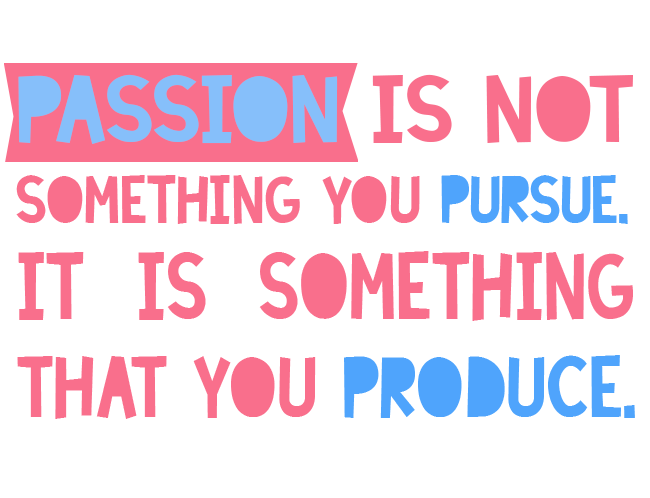
“Passion is not something you pursue. It is something that you produce. You participate in it.” -Mark Busse
“Most people–teachers, parents, friends, mentors–tell you to pursue your passion. I’m sorry to tell you this, but that is bullshit. Passion is a feeling. You don’t pursue it”, Mark said. I definitely agree with him on this one! Passion is a feeling, that’s a fact. So is it something that we pursue? I don’t think so. I don’t think humans have the ability to pursue emotions. (If there is a scientific study that suggests otherwise, please send me a link to it. I would love to know more about this kind of things!)
Just in case you’re wondering, I also do not believe that we can actually pursue happiness. I believe that happiness is a choice. It is a product of what we do. If we choose to be happy, we do and revel in the things that make us happy. We don’t pursue it.
But I digress. On to the next one!
From Waneek Horn-Miller’s talk during the closing ceremonies:
Oftentimes we forget why we do what we do in the first place. We usually want to give up, forgetting how far we’ve come. Listening to Waneek Horn-Miller’s amazing life experiences and words of wisdom definitely made it easier for me to dig deep.
Most favourite quote of the day! Waneek said that we are only as powerful as the people around us. If we empower other people, we, too, are empowered. It is SO true! I really admire how Waneek’s talk emphasized the idea that humanity and community can help us reach our infinity.
It was undoubtedly a day of discovering my infinite potential. SLC 2015, I’m patiently waiting for you!

